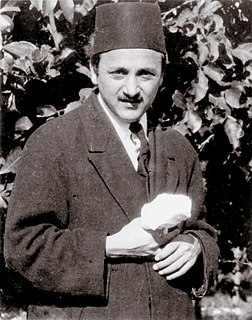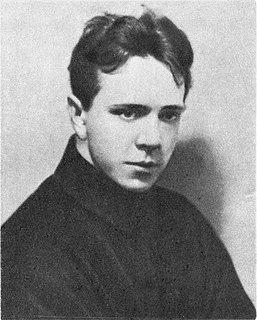A Quote by Umberto Eco
Musical compositions can be very sad - Chopin - but you have the pleasure of this sadness. The cheap consolation is: you will be happy. The higher consolation is the pleasure and recognition of your unhappiness, the pleasure of having recognised that fate, destiny and life are such as they are and so you reach a higher form of consciousness.
Related Quotes
Just the pleasure of moving and the pleasure of using your body is, I think, maybe the main point. And the pleasure of dancing with somebody in an unplanned and spontaneous way, when you're free to invent and they're free to invent and you're neither one hampering the other - that's a very pleasant social form.
There are three sorts of pleasures which are advantageous, and three which are injurious. Finding pleasure in the discriminating study of ceremonies and music, finding pleasure in discussing the good points in the conduct of others, and finding pleasure in having many wise friends, these are advantageous. But finding pleasure in profligate enjoyments, finding pleasure in idle gadding about, and finding pleasure in feasting, these are injurious.
It is pleasure that lurks in the practice of every one of your virtues. Man performs actions because they are good for him, and when they are good for other people as well they are thought virtuous: if he finds pleasure in helping others he is benevolent; if he finds pleasure in working for society he is public-spirited; but it is for your private pleasure that you give twopence to a beggar as much as it is for my private pleasure that I drink another whiskey and soda. I, less of a humbug than you, neither applaud myself for my pleasure nor demand your admiration.
When you're comfortable and secure, it's not enough. The mind doesn't stop there because it has to continue to focus itself as this body, so it moves to pleasure. And pleasure really is a non-existent thing. When we're experiencing pleasure, we're trying to hold onto it as it leaves, so it really isn't pleasure. Pleasure is pain because we're grasping.
At the heart of our desires is eternal happiness without the slightest hint of misery. You could say that we are pleasure seekers; however, seeking pleasure from the objects of our five senses produces fleeting moments of pleasure whereas, pleasure of one's self, a soul, is eternal and ever-increasing pleasure.
What is it that we in the theatre give? Instead of images on canvas or in the form of statuary or music, we give our body, voice, feelings, will, imagination — we give a form of pulsating art to life itself; we give it to our characters and we give it to our audiences. Nothing, absolutely nothing remains for us save the pleasure of having given pleasure.







































